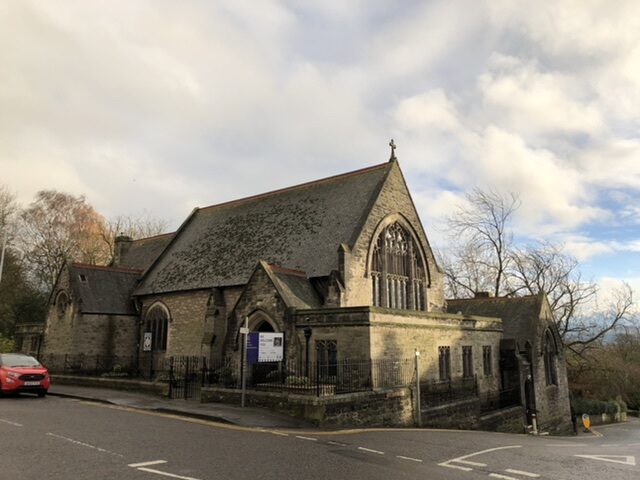Remembrance Day (sometimes known informally as Poppy Day) is a memorial day observed in Commonwealth of Nations member states that has taken place since the end of the First World War to remember those who have died in the line of duty. We now remember everyone lost, injured physically or mentally in the line of duty in any of the conflicts since and take time to consider those who were killed at home or in the support of the front line.
Following a tradition inaugurated by King George V in 1919, the day is also marked by war remembrances in many non-Commonwealth countries. Remembrance Day is observed on 11 November in most countries to recall the end of hostilities of World War I on that date in 1918. Hostilities formally ended “at the 11th hour of the 11th day of the 11th month”, in accordance with the armistice signed by representatives of Germany and the Entente between 5:12 and 5:20 that morning. (“At the 11th hour” refers to the passing of the 11th hour, or 11:00 am.) The First World War officially ended with the signing of the Treaty of Versailles on 28 June 1919.
Remembrance Sunday is held on the second Sunday in November, the nearest to 11 November. Our service will be starting at the earlier time of 1045h so we can observe the silence together. Many of the congregation wear their medals of their time in the forces. Please feel free to come and join us for the silence, our service and some light refreshments after the service.

An image of Christ on the cross is seen at a grave by a tree at Fricourt in October 1916
Friday 1 July 2016 marks the 100th anniversary of the Somme Offensive – one of the bloodiest battles in history. The Allies had prepared for the battle by bombarding the enemy for a week in late June 1916. However, the bulk of the German forces hunkered down in deep trenches and lay in wait.
The first day of July was a disaster for the British Army. Thousands upon thousands of men were sent over the top, charging into no-man’s landed armed with bayoneted rifles, but they were mowed down by German machine guns. Around 20,000 British soldiers were killed on the first day alone. The French, whose attack was less expected, gained more ground.
On 14 July, the British managed to overrun the Germans’ second defence system, but failed to exploit their advantage. Their advance was slow, and they paid the price of heavy losses for the little ground gained. For nearly five months the fighting raged on in a battle of attrition along a 15-mile front. By the time the battle ended in mid-November 1916, British, French and German casualties totalled more than 1,250,000 men.

